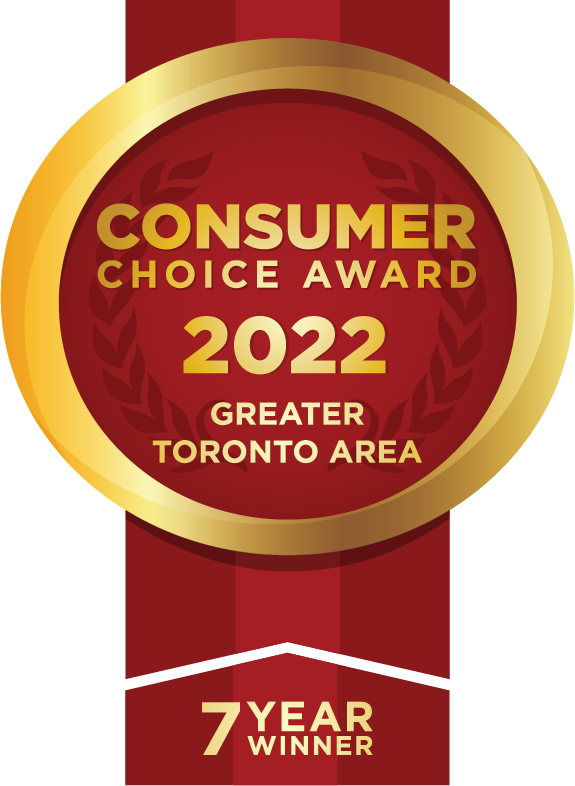Asset Sale vs. Share Sale
There are major considerations when considering an Asset Sale vs. Share Sale
Whenever possible, you want to sell the shares of your corporation rather than the assets. Gains on the sale of assets cannot be shielded with the Lifetime Capital Gains Exemption. The problem is that buyers prefer asset sales in most situations. An asset sale is cleaner because you are not buying something with a potential liability. When you buy an “used” company (i.e. the shares) there could be skeletons in the closet. After purchase, a lawsuit could arise for something which happened in the past. The CRA could audit and reassess for a time period before the purchase. And besides this there are many other possible liabilities which could arise. And of course, these possible or contingent liabilities may be addressed with the appropriate guarantees and indemnities in the agreement of purchase and sale. Nonetheless it always seems to be something which needs to be sold to the buyer.
A major consideration when planning for one’s exit is the lifetime capital gains exemption (the “LCGE”). Here’s how it works: When one disposes shares of a “Qualified Small Business Corporation” (a “QSBC”), if certain tests are met, each taxpayer has a LCGE which essentially wipes out capital gains taxation on the disposition of their shares – up to the LCGE limit, which is currently $883,384, and which is indexed and increases on an annual basis.
The LCGE is available to individuals upon the disposition of either qualified farm property, Qualified fishing property (post 2016), or Qualified small business corporation shares (QSBC).
Qualified Small Business Corporation Shares
- The shares must be shares of a Canadian-Controlled Private Corporation (CCPC).
- The shares of the capital stock must be part of a small business corporation.
- You, your spouse, or common-law partner, or a partnership of which you were a member must own the shares.
- During the 24 months immediately before the sale of the shares, more than 50% of the fair market value of the assets must have been used in an active business carried on primarily in Canada.
- On the date of sale more than 90% of its assets must be used in an active business in Canada.
- The amount of capital gain eligible for the deduction may be affected by the balance in your cumulative net investment loss (CNIL) account. It may also be affected if you have ever claimed an allowable business investment loss (ABIL)
Questions about the Lifetime Capital Gains Exemption? Selling Your Business? We can help! Book your Consultation Here: https://barretttaxlaw.com/free-consultation/




